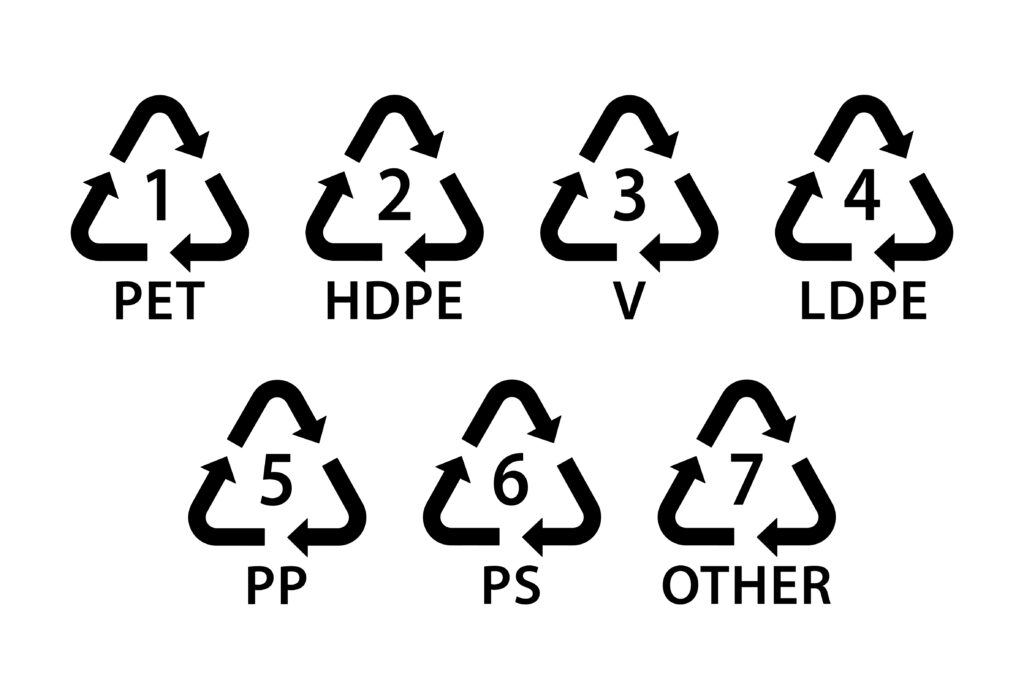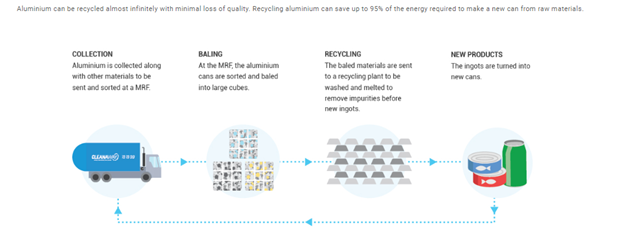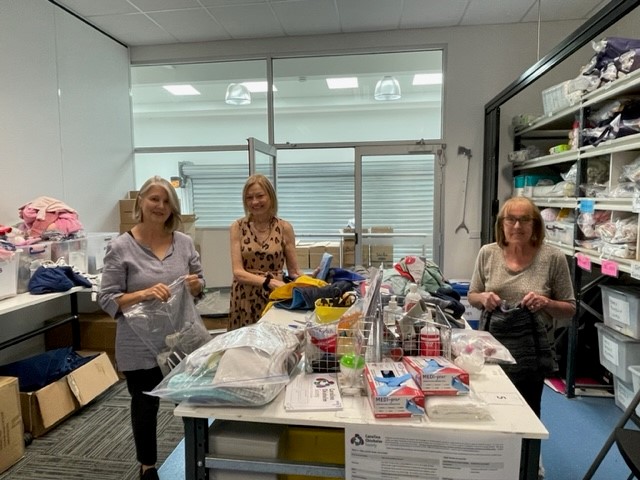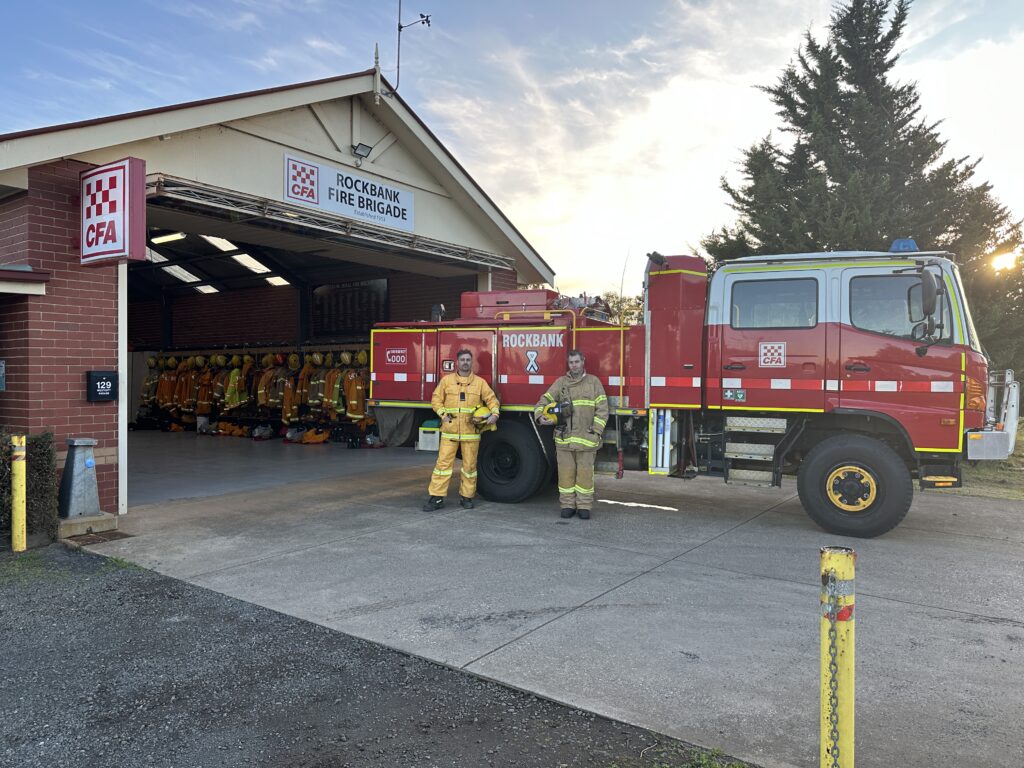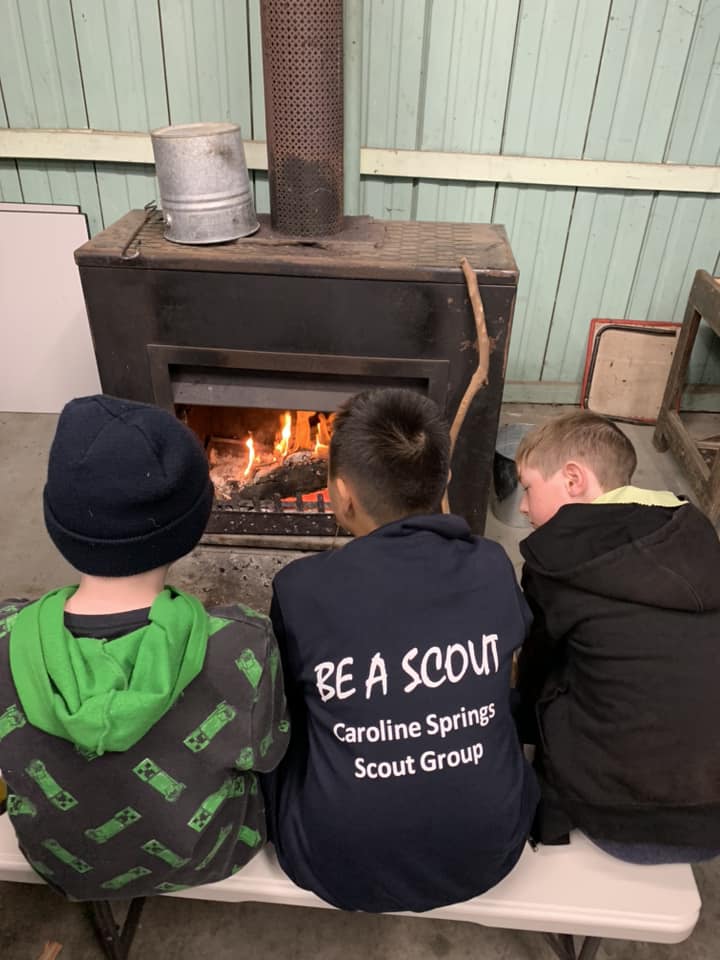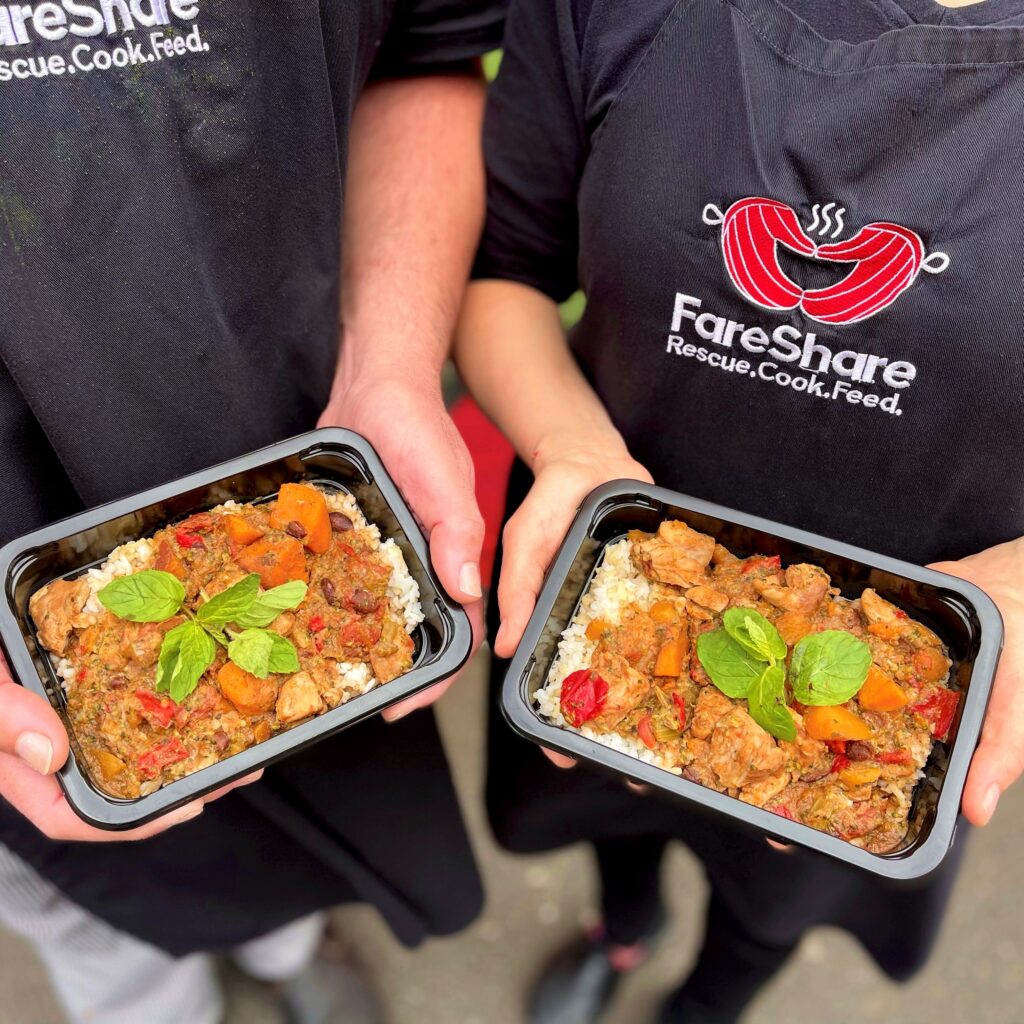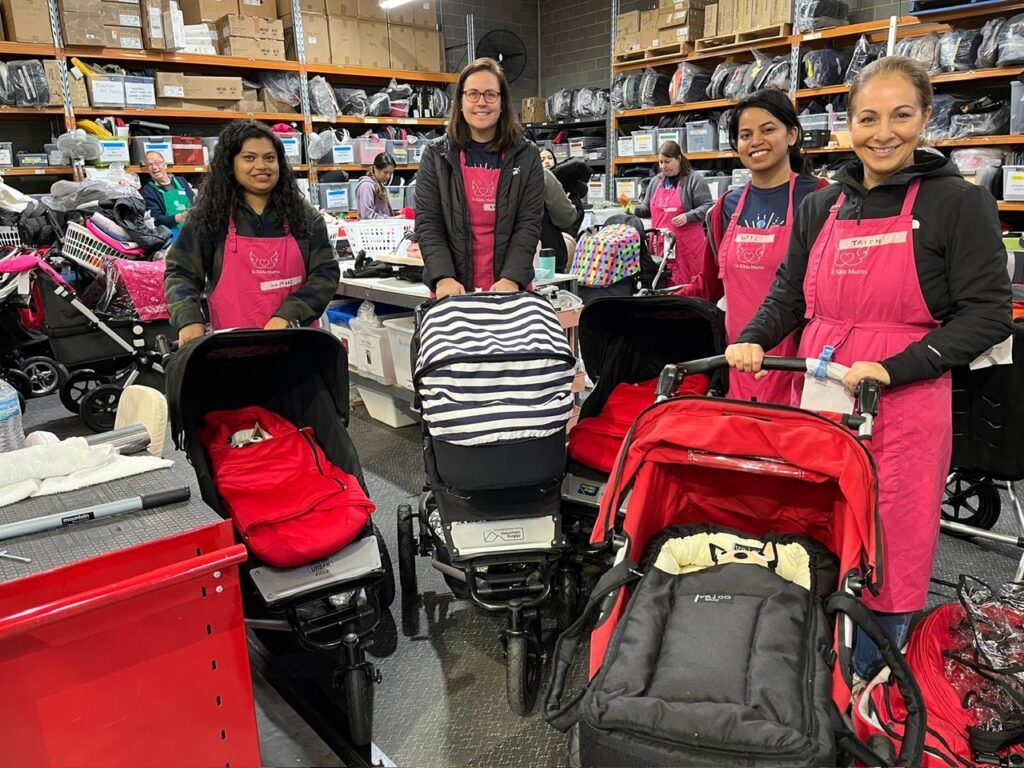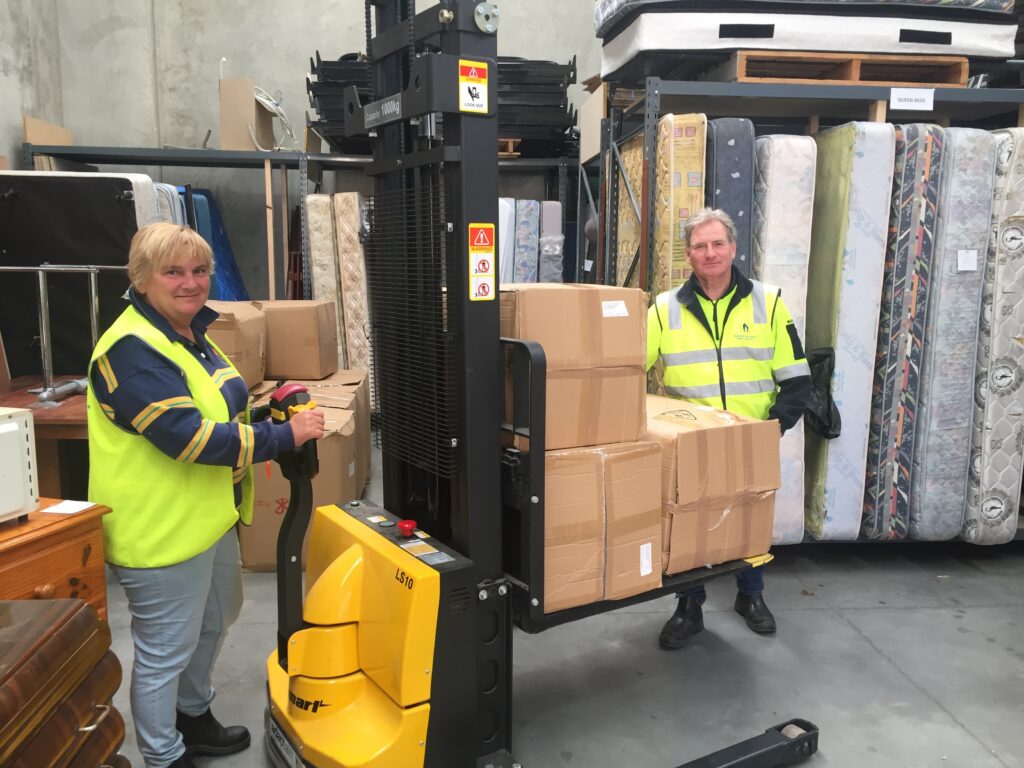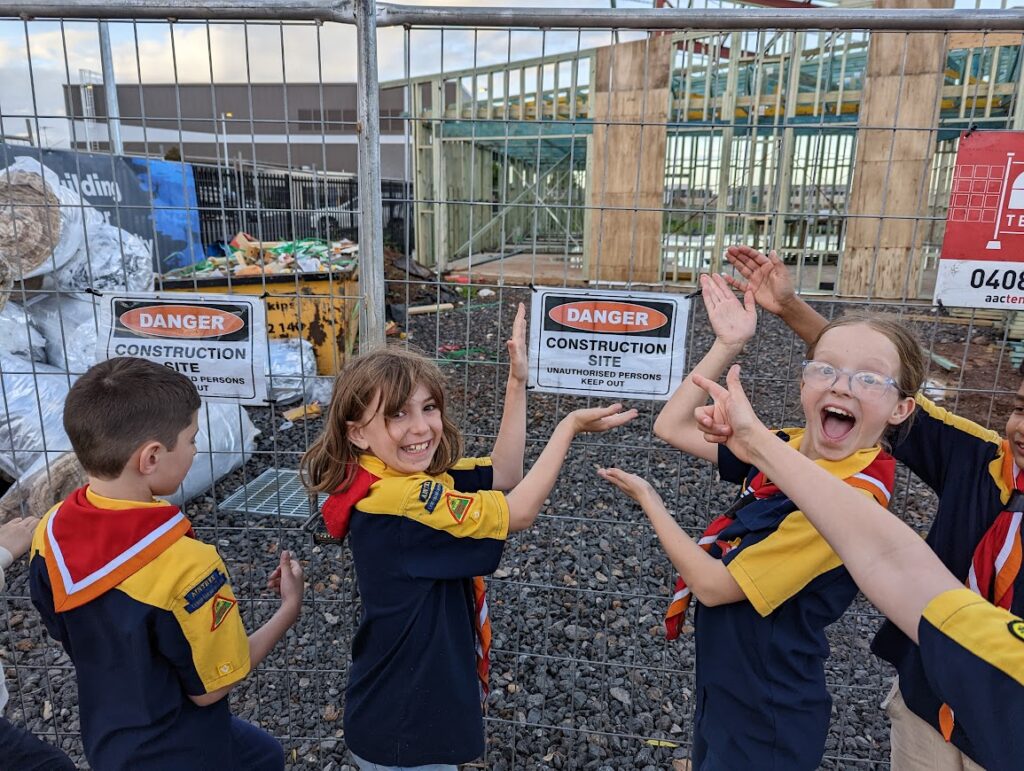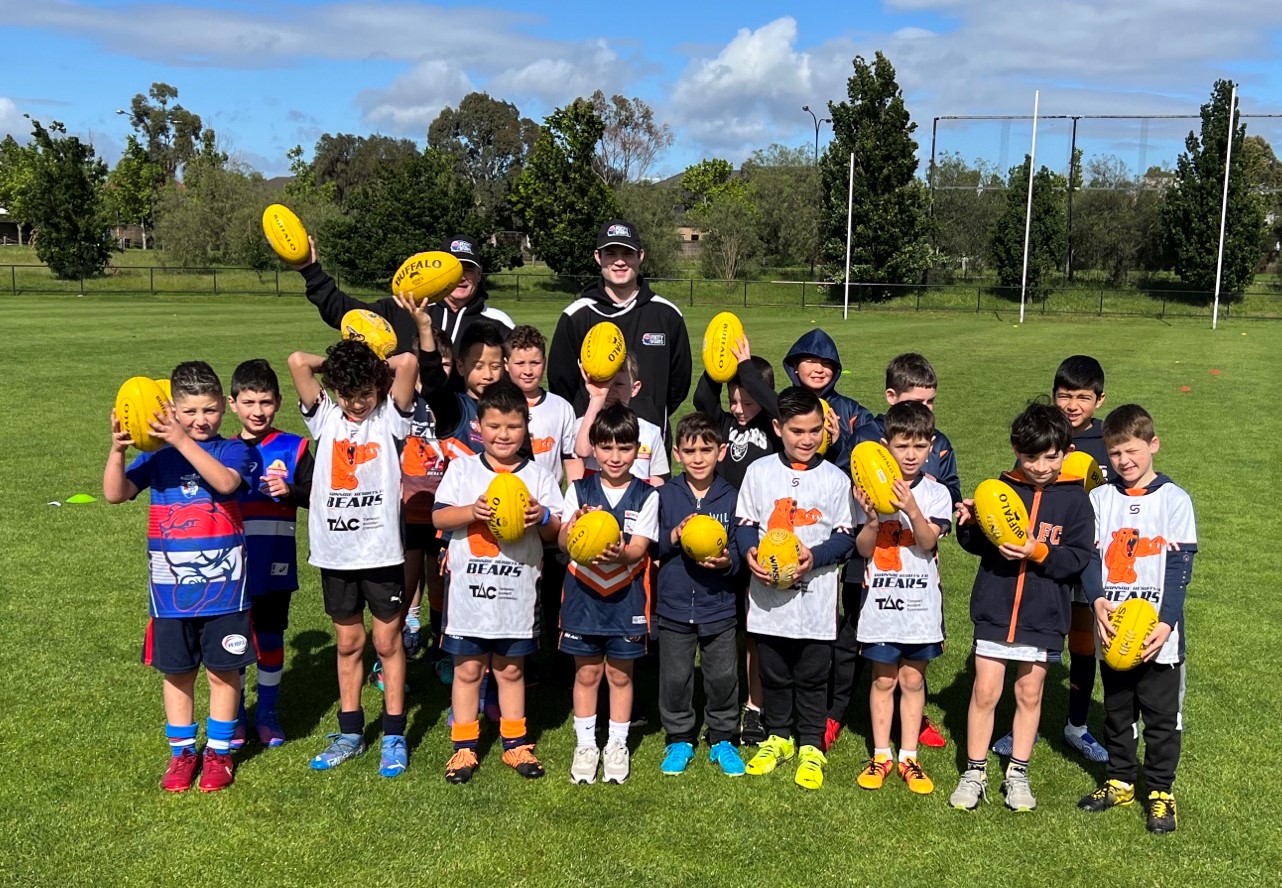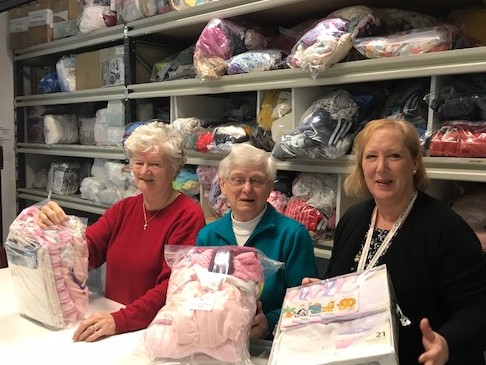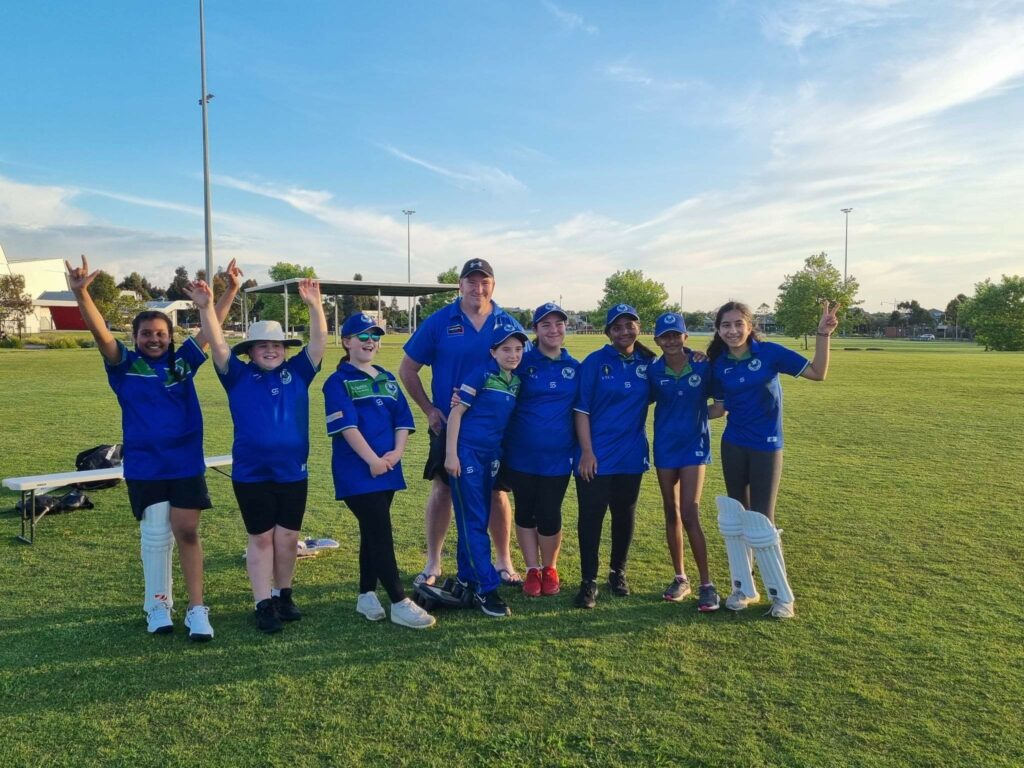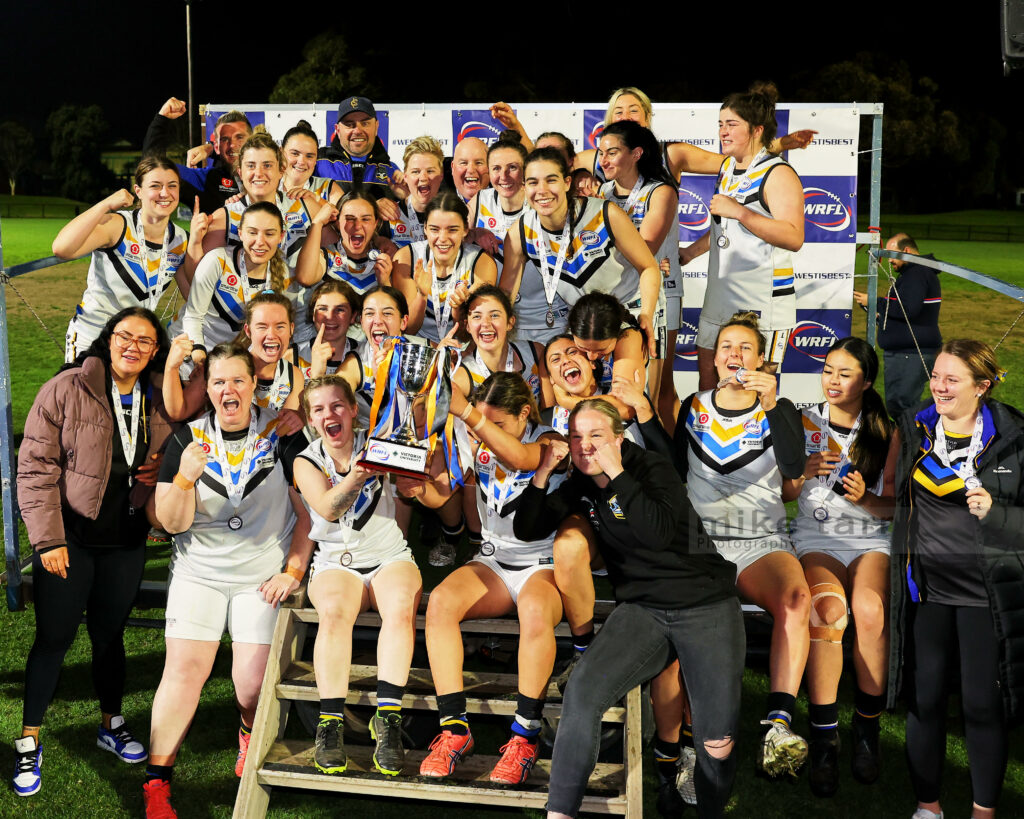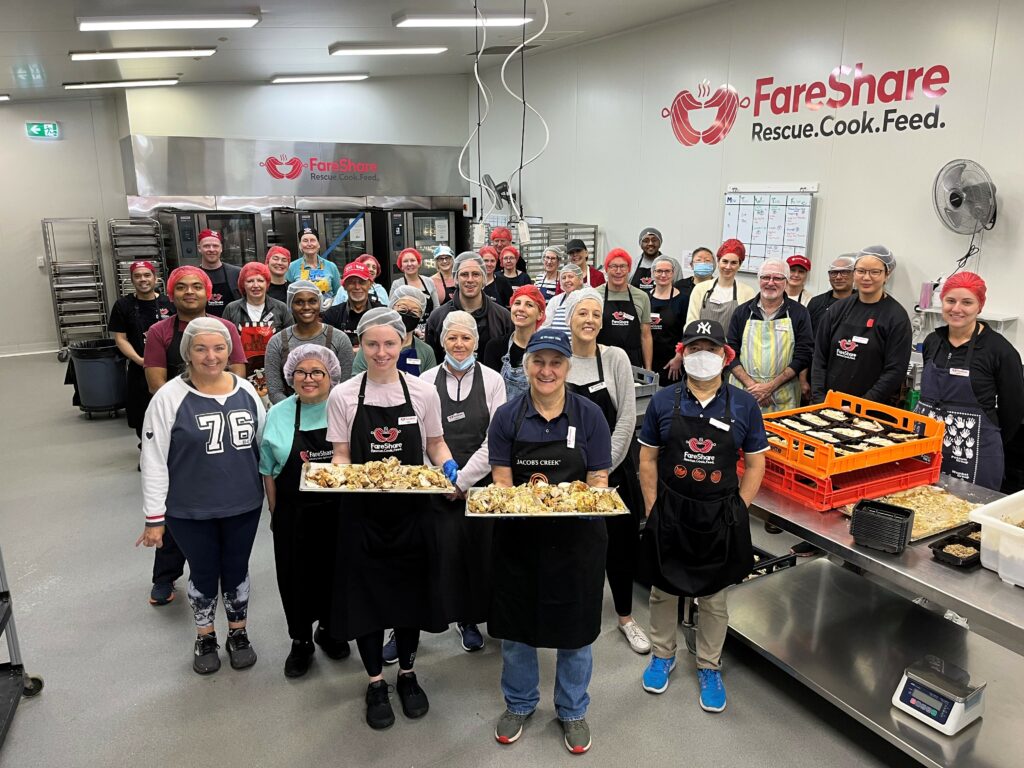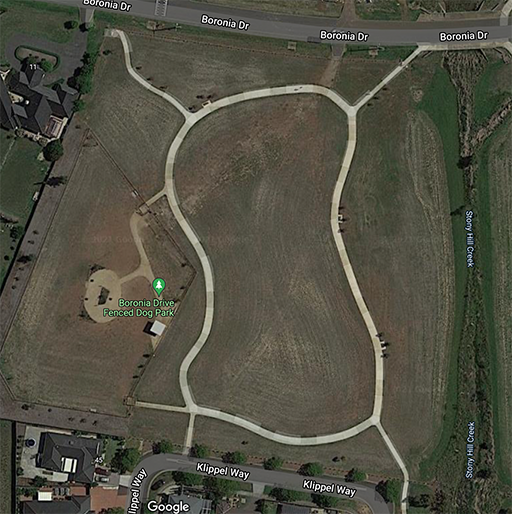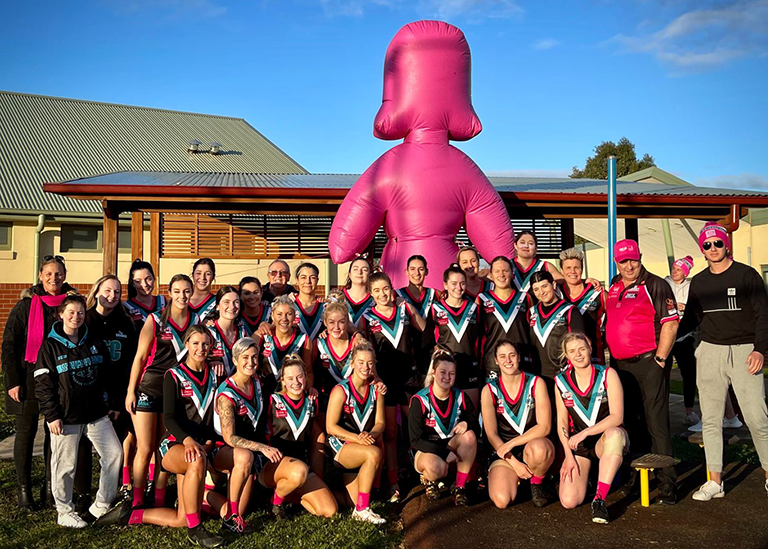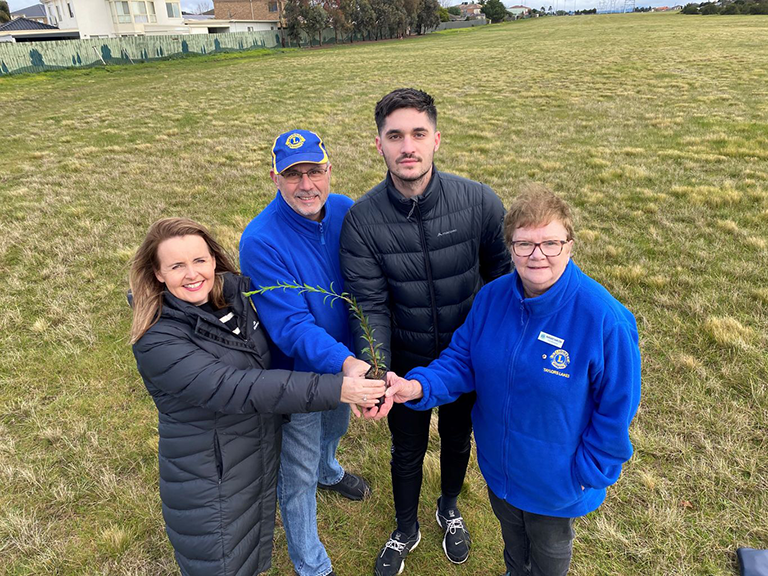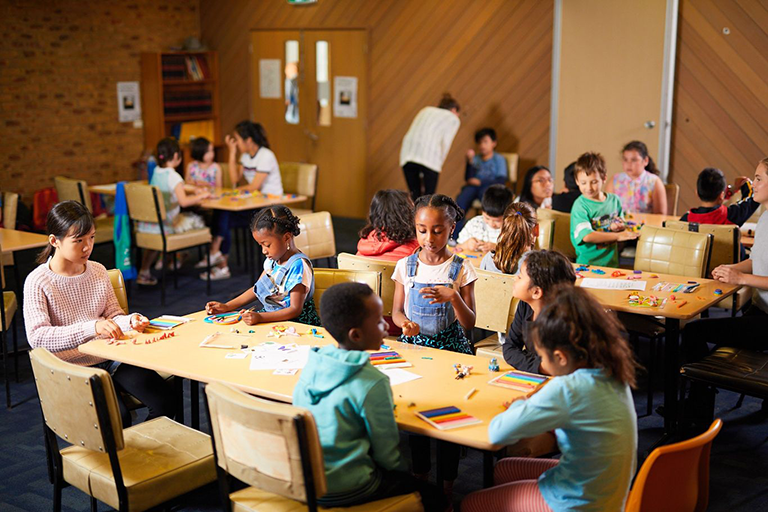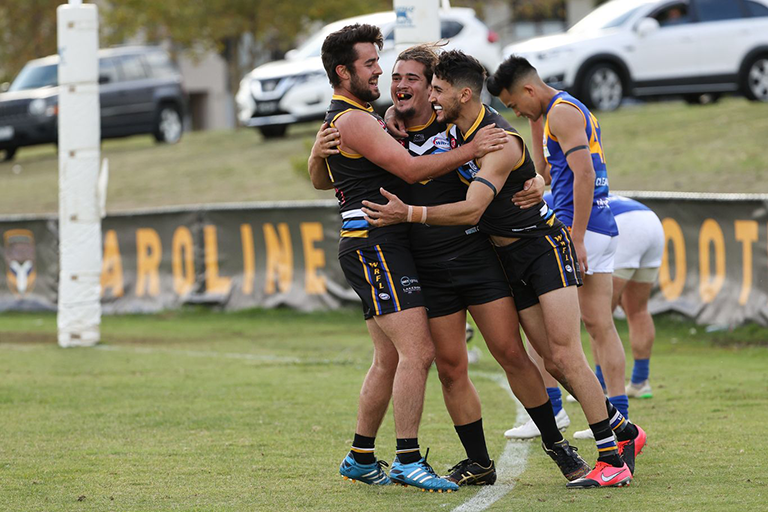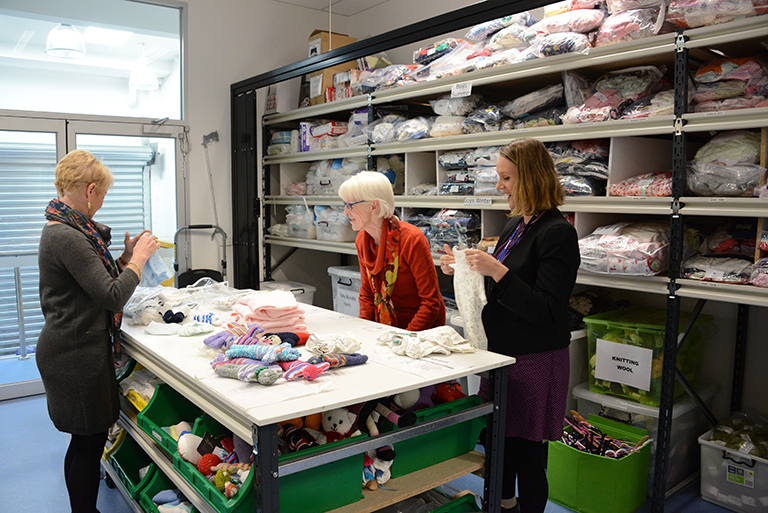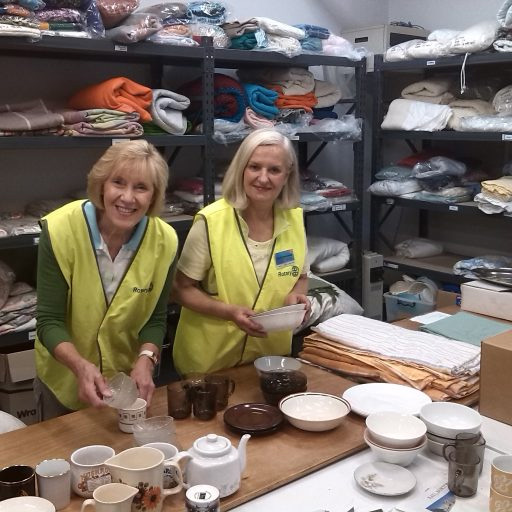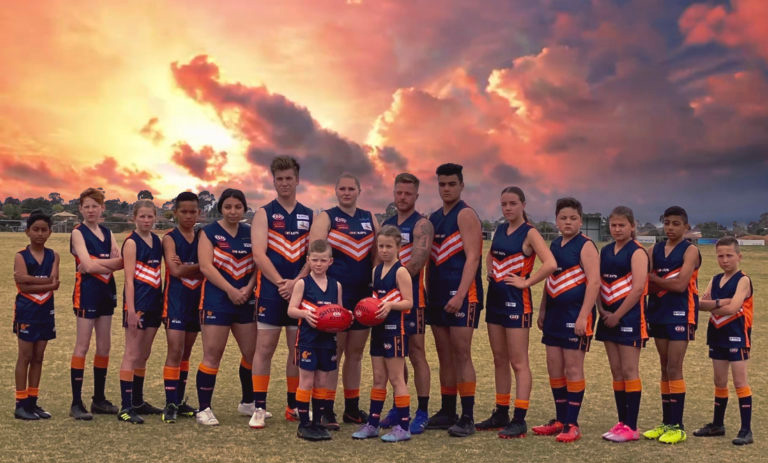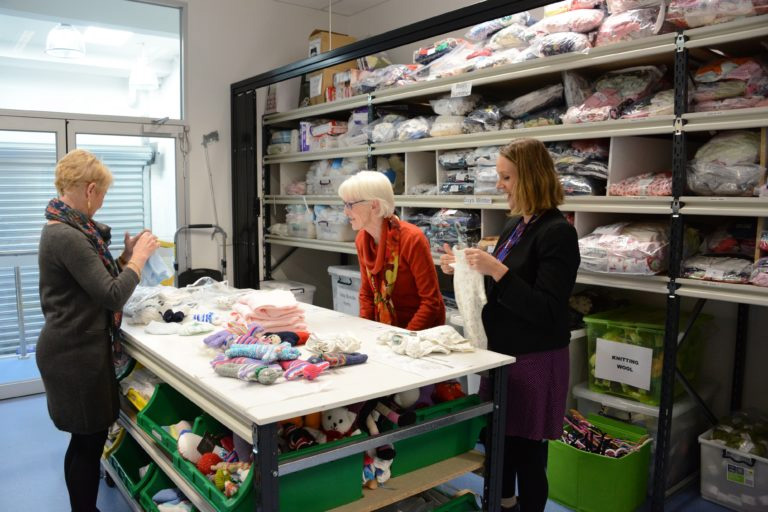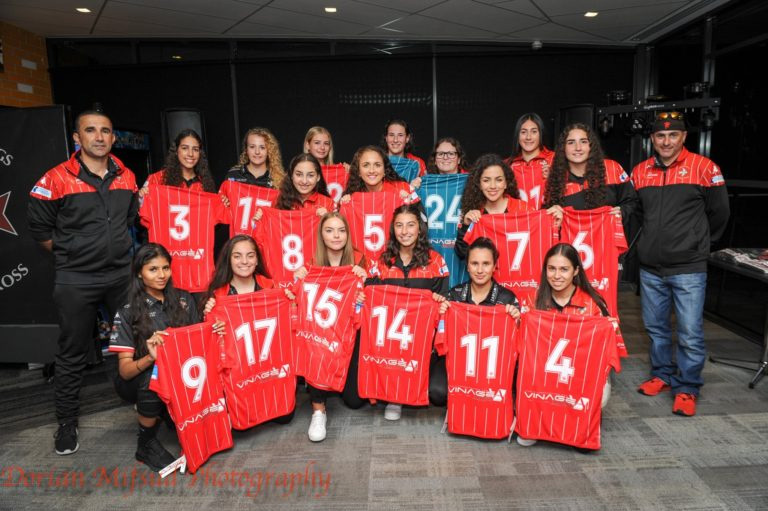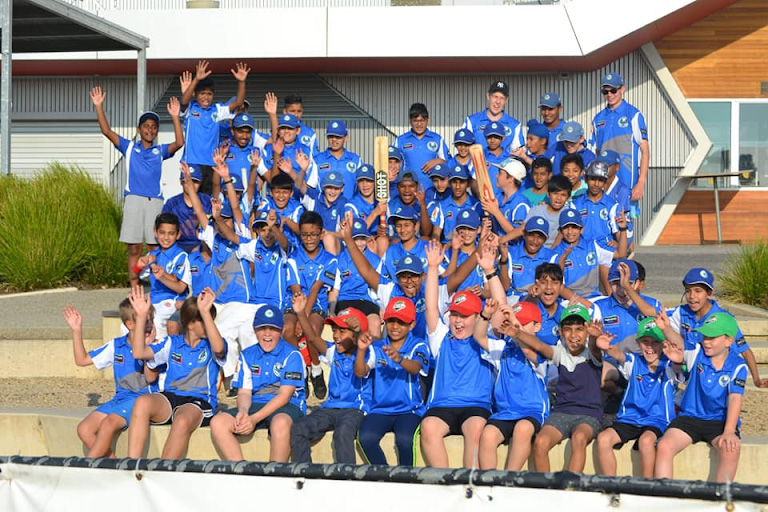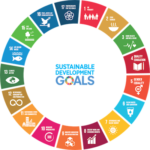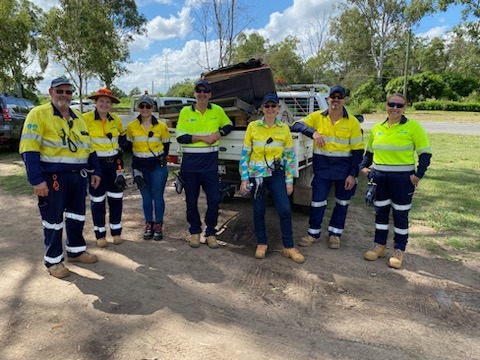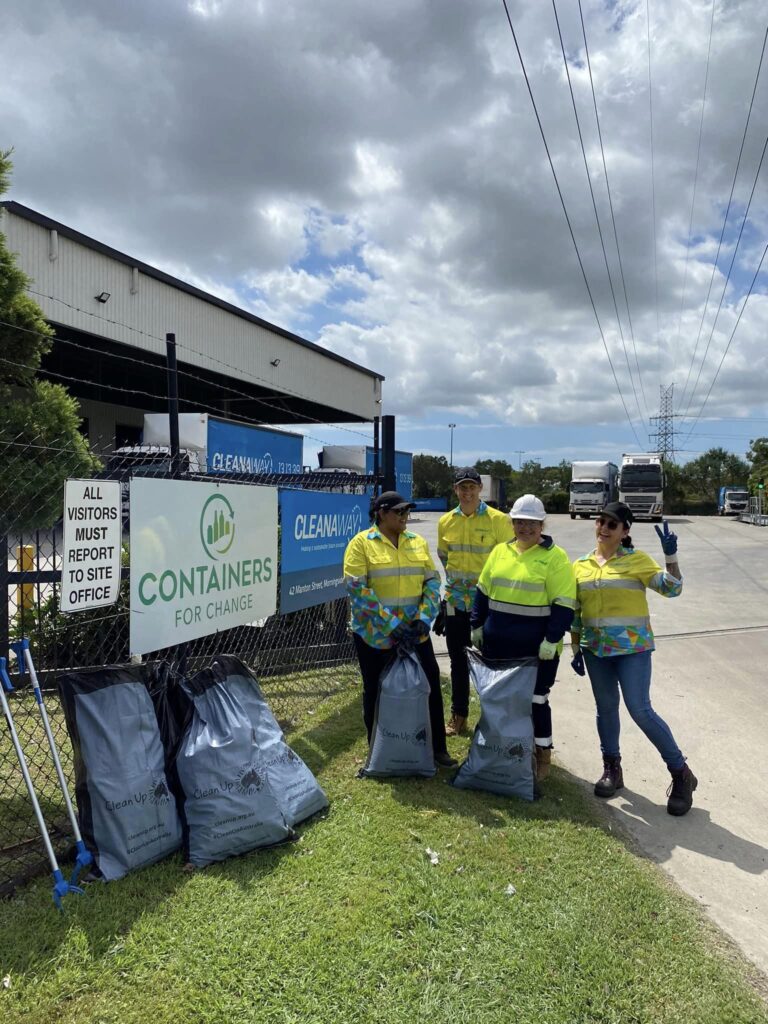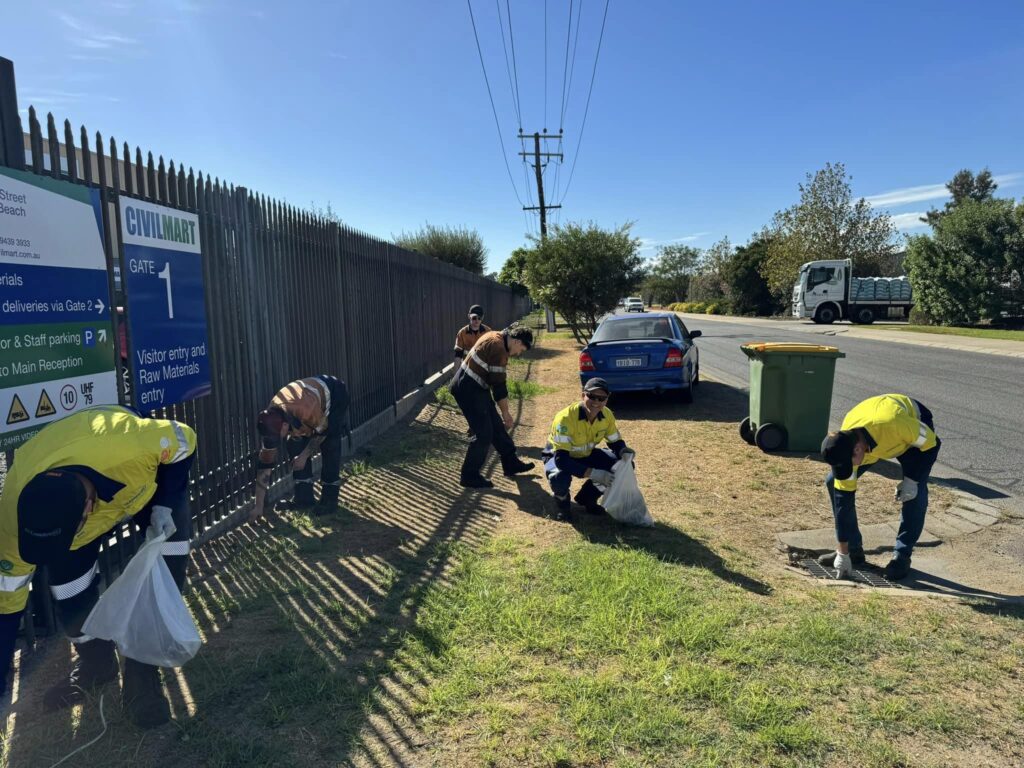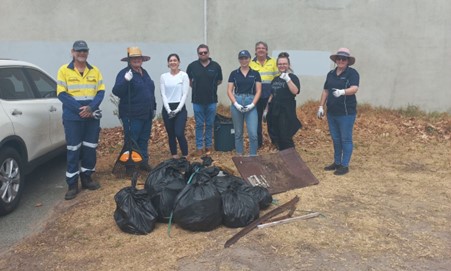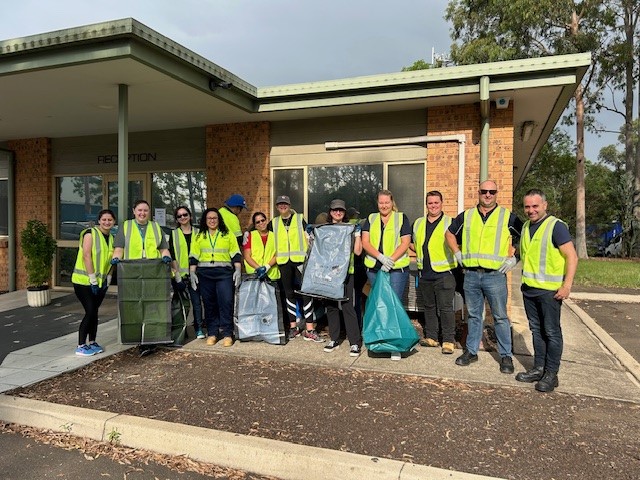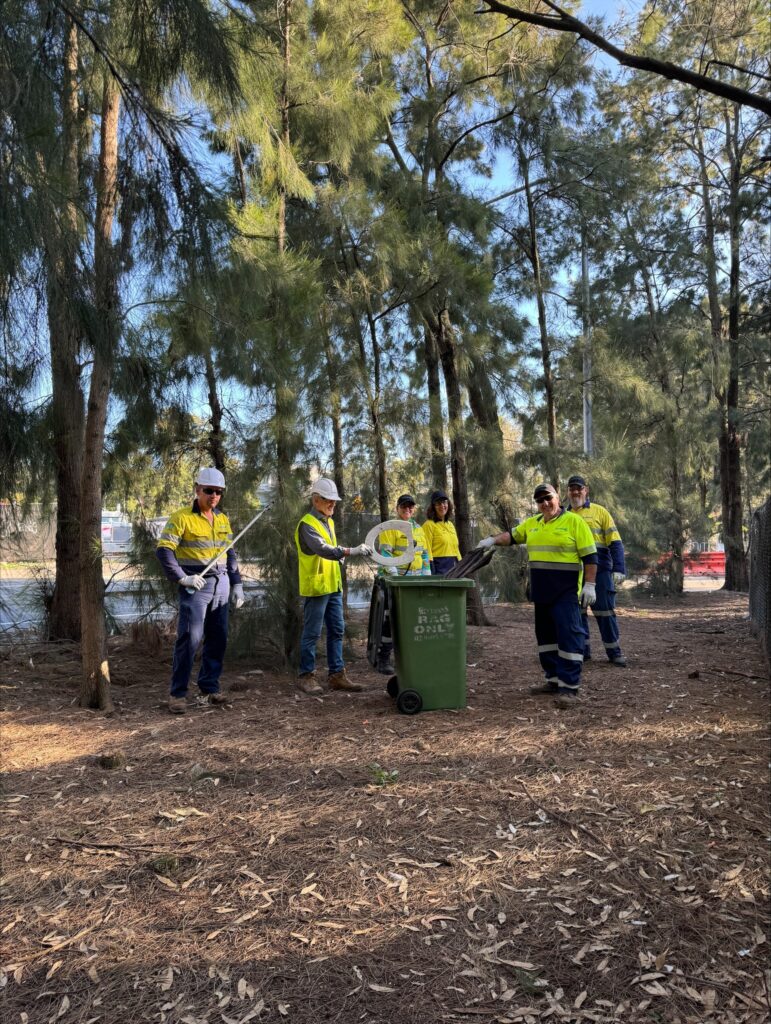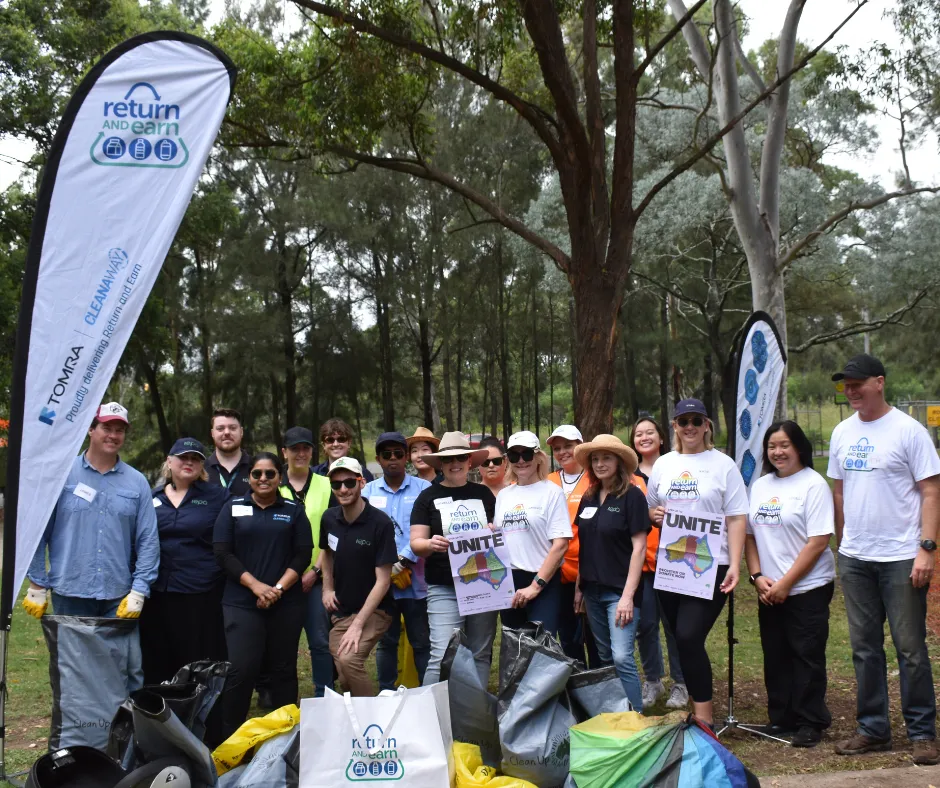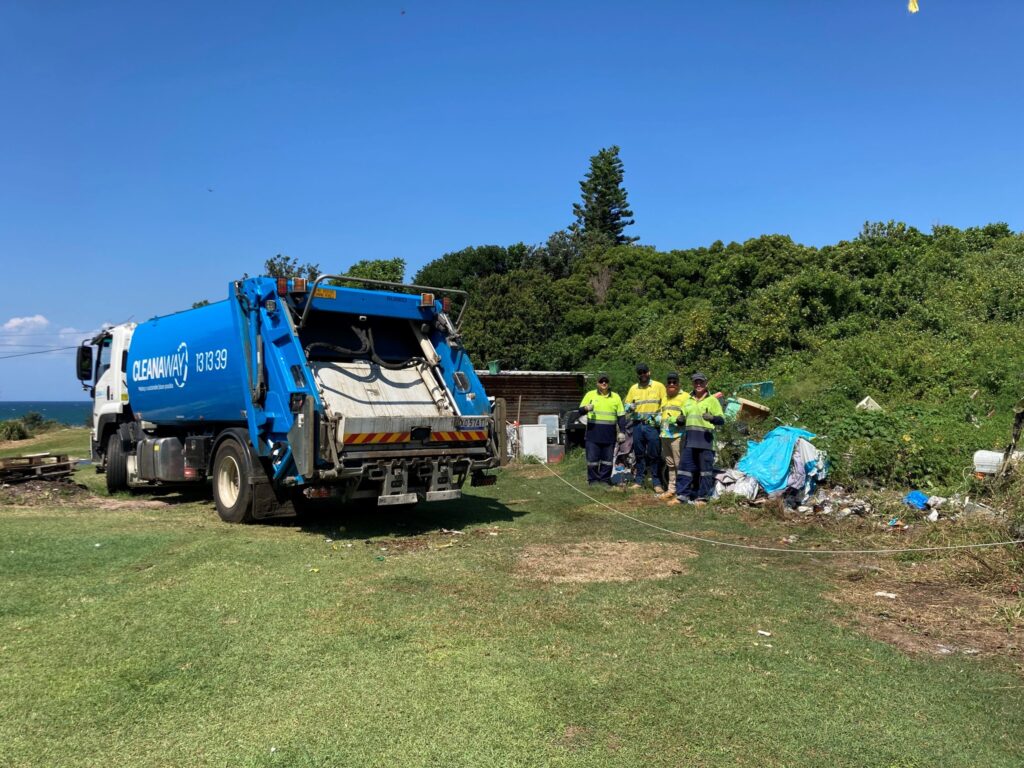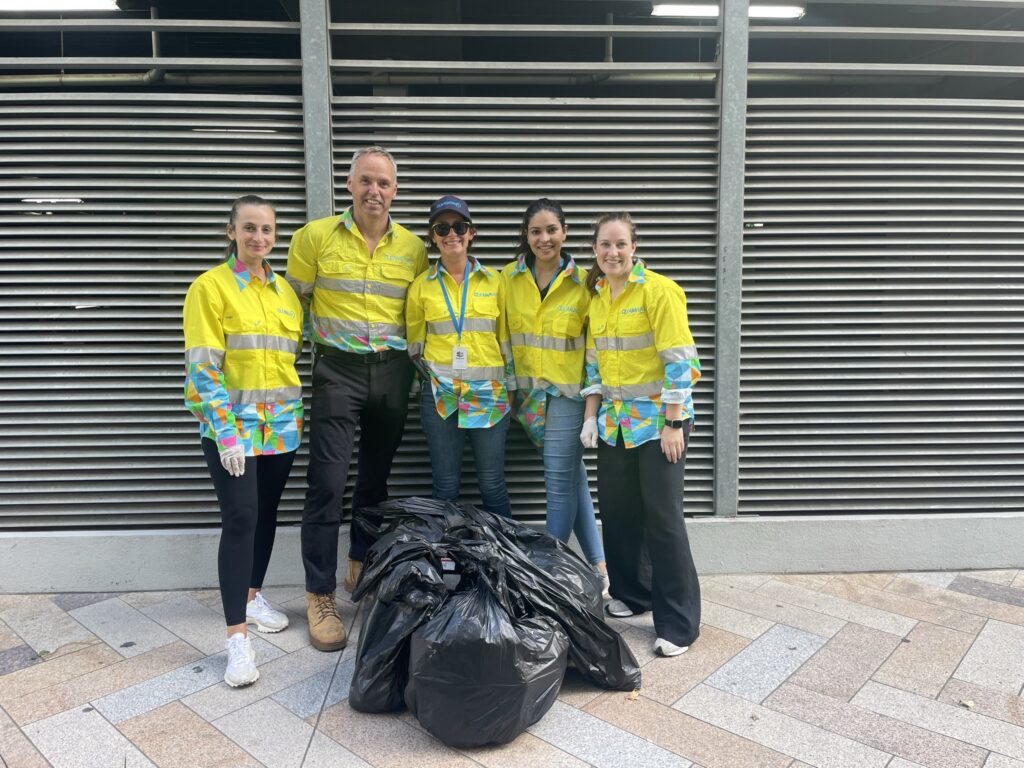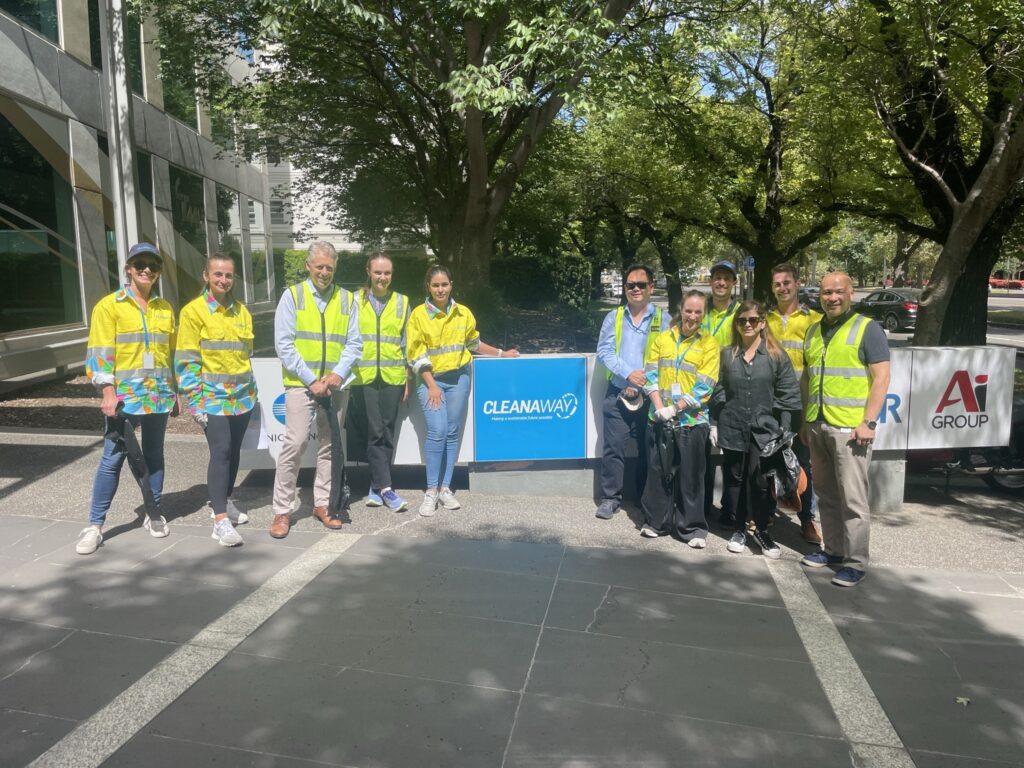“Congratulations Cleanaway on your Innovate RAP and I look forward to following your ongoing reconciliation journey.” Karen Mundine, CEO of Reconciliation Australia
“Congratulations Cleanaway on your Innovate RAP and I look forward to following your ongoing reconciliation journey.” Karen Mundine, CEO of Reconciliation Australia
Cleanaway has taken the next step in its reconciliation journey, launching its ‘Innovate’ Reconciliation Action Plan (RAP) 2025-2027.
The business celebrated with launch events in Victoria (Bunurong), New South Wales (Dharug), Queensland (Turrbal) and Western Australia (Whadjuk) during National Reconciliation Week (NRW), where Cleanaway teams were encouraged to strengthen our nation through respectful relationships between the wider Australian community, and First Nations peoples. These events welcomed local Elders, community members, customers and Cleanaway team members.
Mark Schubert, CEO and Managing Director of Cleanaway explained: “At the heart of our RAP is a commitment to learn from the stories of the Original Custodians of Australia.
“We will continue working together with First Nations communities to help make Cleanaway a place where we all understand, recognise and respect the peoples, cultures and heritages of our nation.”
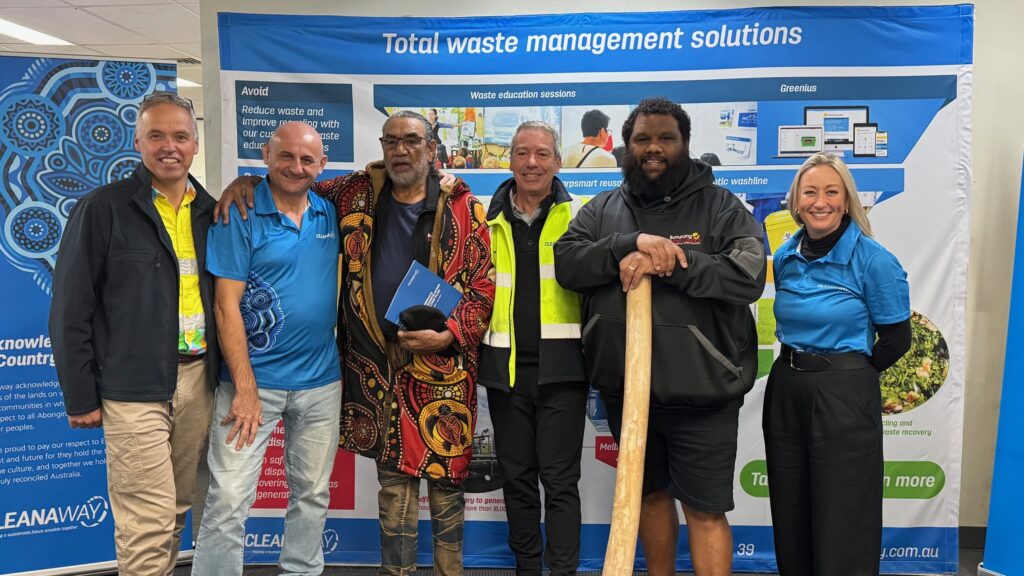
Pictured from left to right at a launch event in Victoria (Bunurong): Mark Schubert, Cleanaway CEO and MD; Chris Avramopoulos, Cleanaway RAP Co-Chair and Exec GM Customer and Growth, Uncle Mick (Bunurong Land Council Aboriginal Corporation); Phil Micallef (Cleanaway Regional Manager Solids VIC), Eric (Bunurong Land Council Aboriginal Corporation); and Jade Paterson (Cleanaway Head of People and Culture).
Cleanaway is one of 3,000 organisations making a continued reconciliation commitment through its RAP, which aligns perfectly with this year’s NRW theme: #BridgingNowtoNext. This reflects the ongoing connection between past, present and future, urging people to look ahead and push forward with reconciliation, guided by lessons of the past.
Cleanaway gains strength from its diverse team across Australia. It welcomes and celebrates people from different backgrounds, cultures and experiences, including around 265 First Nations colleagues.
“One of our core RAP commitments is to ensure Cleanaway is a workplace of choice that is welcoming, safe, inclusive and rewarding for First Nations peoples to develop their careers,” explained Mr Schubert.
This involves advancing cultural education, awareness, and protocols within the organisation in practical and accessible ways. The business is also embedding procurement processes and opportunities to help First Nations businesses thrive through direct investment and building supply chains.
Cleanaway works with customers, partners, communities, governments and industries to lead the way in Australia’s circular economy, striving to be the most sustainable ‘waste as a resource’ company.
“Our operational presence spans 330+ locations across the nation,” said Mr Schubert.
“It’s our responsibility to continue to care for those lands and work with First Nations communities to find better, more innovative ways to make a sustainable future possible together.”
This is a collective responsibility, underpinned by Cleanaway’s active and passionate RAP Working Group which includes Executive Sponsors, First Nations representatives and team members from across Cleanaway.
Aboriginal management consulting firm, Everywhen Group is a valued Cleanaway partner, supporting this work through ongoing cultural expertise and guidance. This helps shape Cleanaway’s reconciliation journey, informing strategy and action that aligns with First Nations perspectives and aspirations.
“Gaining experience and reflecting on pertinent learnings will ensure the sustainability of Cleanaway’s future RAPs and reconciliation initiatives, providing meaningful impact toward Australia’s reconciliation journey,” said Karen Mundine, CEO of Reconciliation Australia.
“Congratulations Cleanaway on your Innovate RAP and I look forward to following your ongoing reconciliation journey.”
More information:
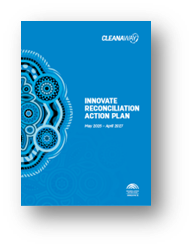
- Download Cleanaway’s Reconciliation Plan 2025-2027 via Reconciliation | Cleanaway
- Learn more about Reconciliation Action Plans
- Learn more about National Reconciliation Week
Cleanaway acknowledges the Traditional Owners of the lands on which we operate and the communities in which we exist. We pay our respect to all Aboriginal and Torres Strait Islander peoples. We are proud to pay our respect to Elders past, present and future for they hold the traditions and cultures, and together we hold the hopes of a truly reconciled Australia.
Cleanaway’s RAP artwork is designed by Marcus Lee, a proud Aboriginal descendant of the Karajarri people from Northwestern Australia. It represents Cleanaway’s commitment to a sustainable circular economy, and our deep respect for the lands, oceans, and waterways of Australia.
